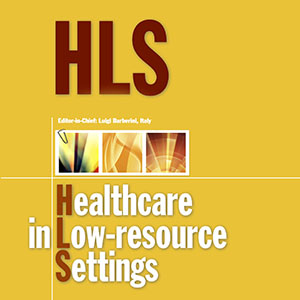
Patients with diabetes often lack the necessary knowledge, leading to inadequate behavior in preventing wounds. To overcome the limitations of traditional learning methods, it is crucial to adopt the flipped classroom approach for effectively educating diabetic patients about wound prevention. This study aimed to explore the relationship between the environment, learning infrastructure, and the flipped classroom learning method among patients with Diabetes Mellitus (DM). Employing a cross-sectional design, the study encompassed patients with DM aged 40-55 years from both genders. A total of 120 patients were selected through purposive sampling techniques. The variables investigated included education factors and the flipped classroom method, which were assessed using a modified questionnaire developed by the researchers and validated for reliability. Data analysis was conducted utilizing Spearman rank analysis. Concerning education factors, 80% of the participants reported having a supportive environment, while 82.5% indicated having access to good learning infrastructure. Regarding the flipped classroom method, 35.8% of the respondents stated that its application in educating patients with DM in the community was effective. There was a statistically significant relationship between the environment and infrastructure and the flipped classroom approach in patients with DM (p-value<0.05). Enhancing educational factors such as the environment and infrastructure can improve the effectiveness of the flipped classroom method in educating patients with DM. Moreover, promoting health literacy could further enrich the learning experience for diabetic patients, ultimately bettering their behavior and management of the condition. Future research on the flipped classroom learning approach for DM should focus on patient engagement and cultural adaptation to improve overall patient outcomes and the effectiveness of the healthcare system.

| Benzer Makaleler | Yazar | # |
|---|
| Makale | Yazar | # |
|---|